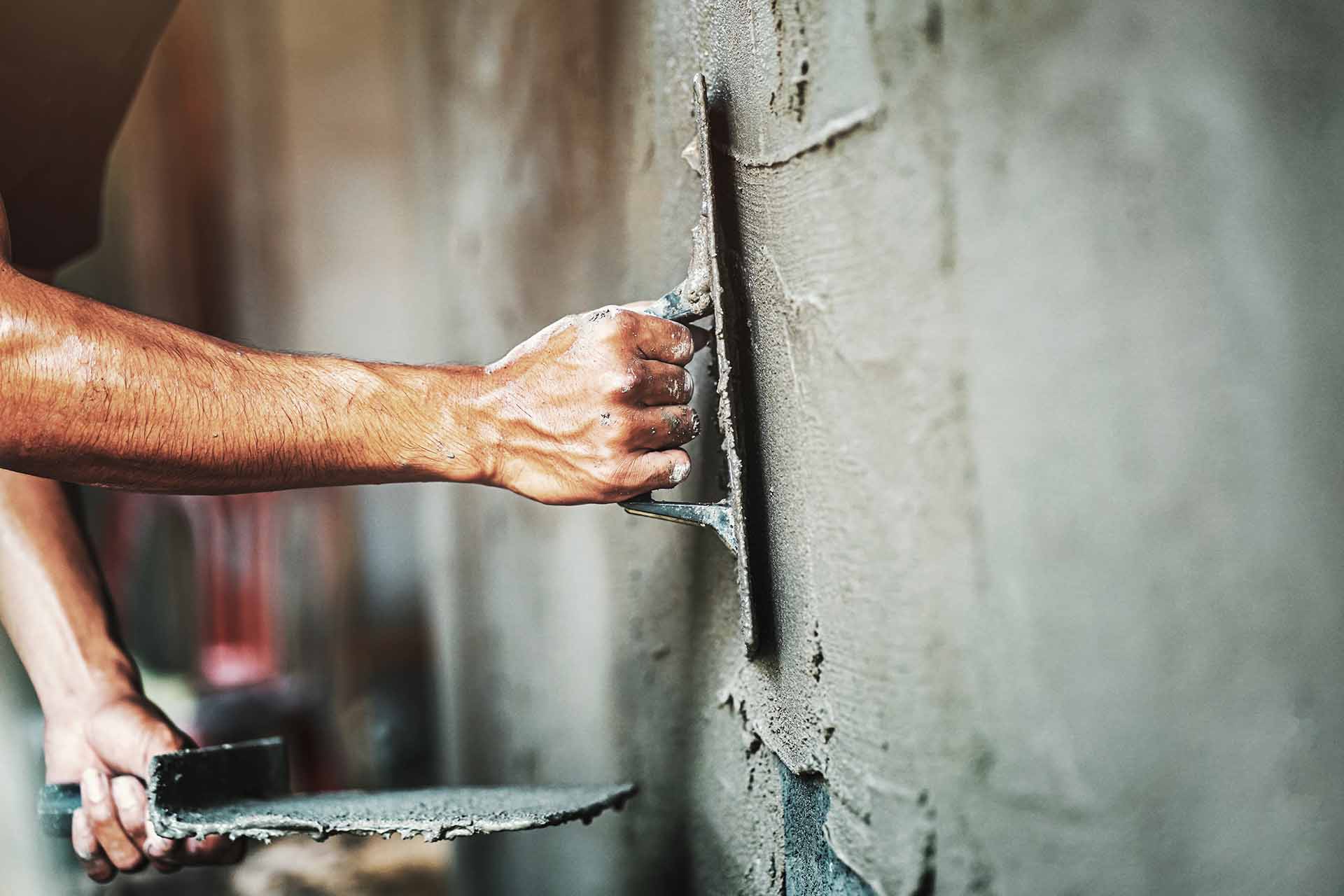
Apprentice plasterers smooth or beautify internal walls and ceilings. External walls are rendered and completed as well. A plasterer is used in most new houses and many remodelling projects to give a space a unique appearance, repair damage, or bring a place back to life.
Responsibilities
Throughout your apprenticeship, you may help:
- estimate the amount of materials needed for a job
- prepare surfaces and level off uneven areas
- mix plaster to the right consistency by hand or with an electric mixer
- apply ‘wet’ finishes to walls and ceilings – solid plastering
- create ornamental features like ceiling roses, cornices and architraves – fibrous plastering
- fix internal plasterboard or wallboard partitions in rooms – dry lining
- coat outside walls with protective coverings like pebble-dash or render.
Salary
- Apprentice plasterers can earn £19,000 – £25,000
- Trained plasterers with some experience can earn £25,000 – £35,000
- Senior plasterers can earn in excess of £35,000
- Self-employed plasterers set their own pay rates.
Working hours
You will typically work 43 to 45 hours per week. Your time will be split between on-the-job experience and a college or training provider.
Working environment
You could work at a client’s business, on a construction site or at a client’s home.
Your working environment may be at height.
You may need to wear safety clothing and use safety equipment.
Qualifications
Qualifications you can achieve as an apprentice plasterer include:
- Level 2 Plasterer – Entry requirements for this level include some GCSEs, usually including English and maths, or equivalent, for an intermediate apprenticeship. This qualification takes 36 months to complete.
Skills
On a plastering apprenticeship, you’ll learn:
- to be thorough and pay attention to detail
- knowledge of building and construction
- the ability to work well with your hands
- the ability to work well with others
- customer service skills
- the ability to use your initiative
- the ability to accept criticism and work well under pressure
- the ability to organise your time and workload
- to be able to carry out basic tasks on a computer or hand-held device.
Career path and progression
With experience, you could move to a supervisory job, or into related areas like tiling, dry lining, estimating and site management.
You could also become self-employed and work as a sub-contractor.
